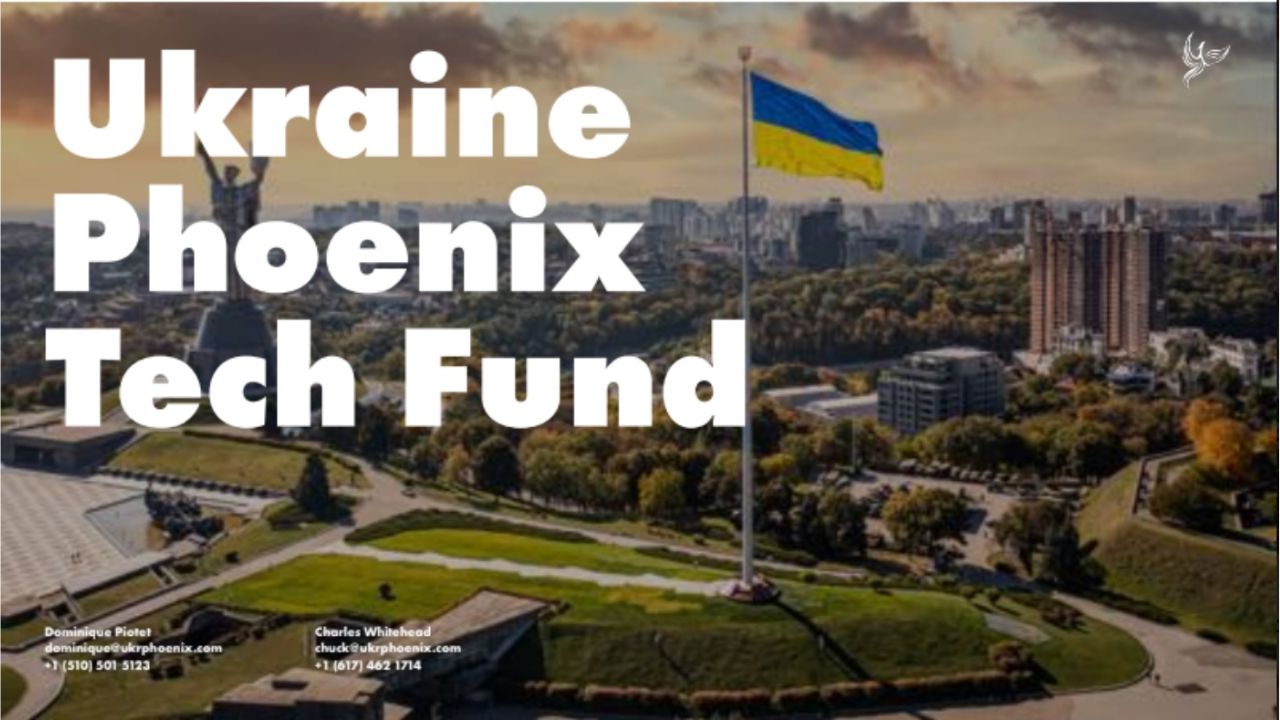A €50 million VC fund has been set up in collaboration with a startup association representing French ties to the Ukrainian startup community.
The new VC fund, dubbed Ukrainian Phoenix Fund, is equipped to make early-stage investments in Ukraine backed by local mentorship, accelerator programming and government-led partnerships.
It's being led by a digital transformation maestro with ties to both participating countries. French American Dominique Piotet has spent decades enacting digital on behalf of Fortune 500 companies, and in 2019 he immigrated to Kyiv to lead the Unit.City innovation complex and La French startup grouping, serving as chief executive.
Commenting on the fundraise, Piotet said: "The Ukrainian tech ecosystem is hyper-resilient, and it operates at more than 90% of its pre-war capacities.
"Also, for this sector, it is not a question of talking about reconstruction but rather about accelerating construction. And that's good news. Tech already represents more than 5% of the Ukrainian GDP and will reach 15% in the next 4 years.”
The money is set to bring about change endorsed by the French president Emmanuel Macron to aid Ukraine after Macron promised to put Paris behind Europe's answer to Kyiv's post-war reconstruction efforts.
Speaking at last month's bilateral French-Ukrainian conference on this topic in Paris, Macron pointed out that for centuries economic reconstruction has been critical to determining the aftermath of major conflicts.
The full day event saw stakeholders take stock of potential pathways to developing Ukrainian capacity in energy, agriculture, water supply, IT and health. France and its fellow nations reportedly pledged €1 billion to help deliver rails, bridges and other reconstruction assets. The €1 billion figure is also being looked at as an overall target for inbound VC investment into war-torn Ukraine.
Meanwhile Piotet has worked to assist his adopted homeland since the day Russia declared war. Chiefly, he has looked to support humanitarian aid channels that leverage 3D printing technologies, helping to build new schools and homes for displaced Ukrainian refugees and communities, in a programme known as Humanitarian Innovative Technology.
HIT has supported 100,000 refugees since the war began and is now drawing closer to its ambitions for 3D printing in the recovery effort. The world's first 3D printed school is set to enrol 100 young Ukrainian refugees.
Piotet concluded: "We are built on humanity and compassion. We are driven by cutting-edge technology and its high impact on the future of people and the world.
“We are here for impact and global scale with high potential for growth and investment appeal, and we aim above the mark to achieve the target.”



Would you like to write the first comment?
Login to post comments